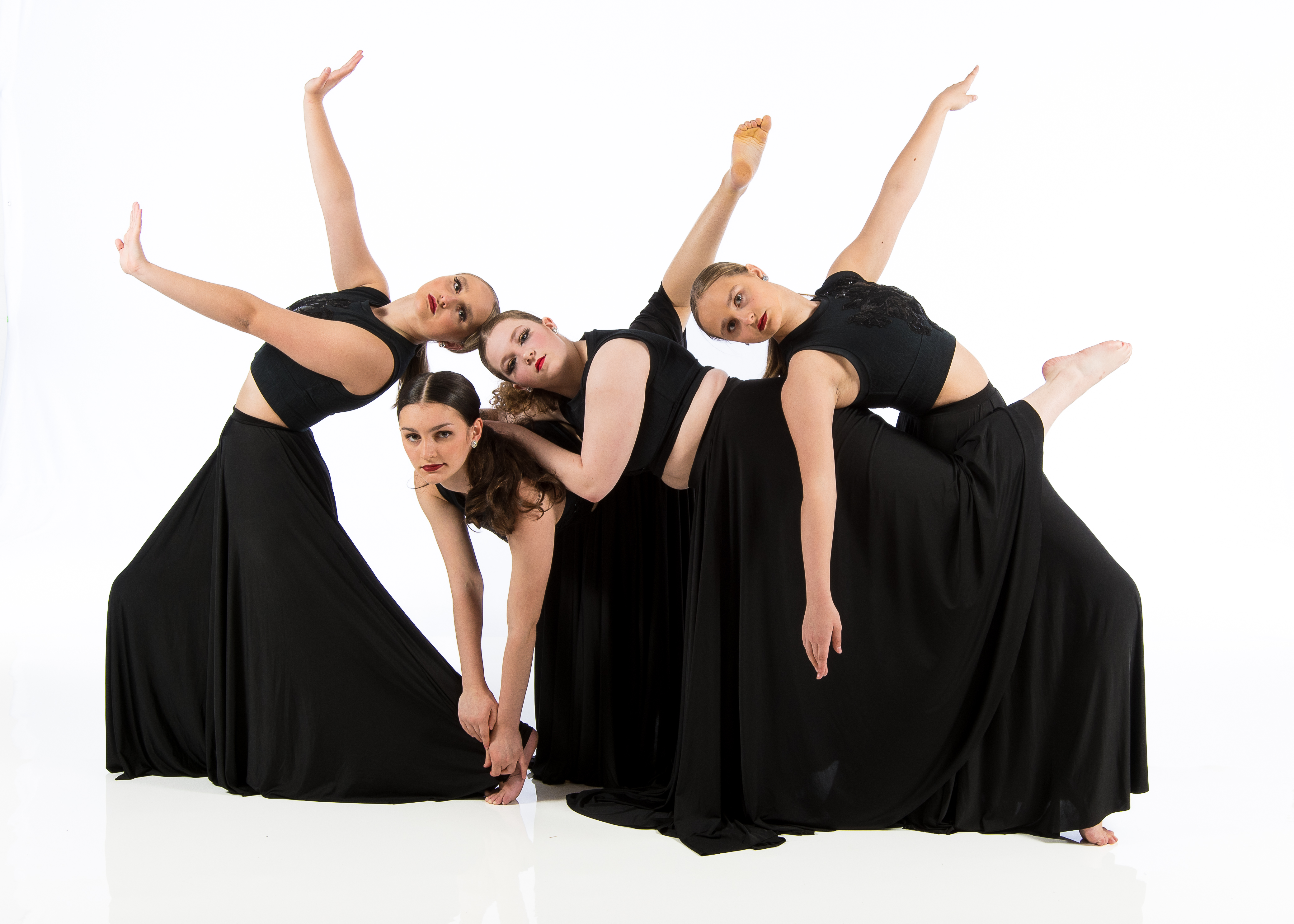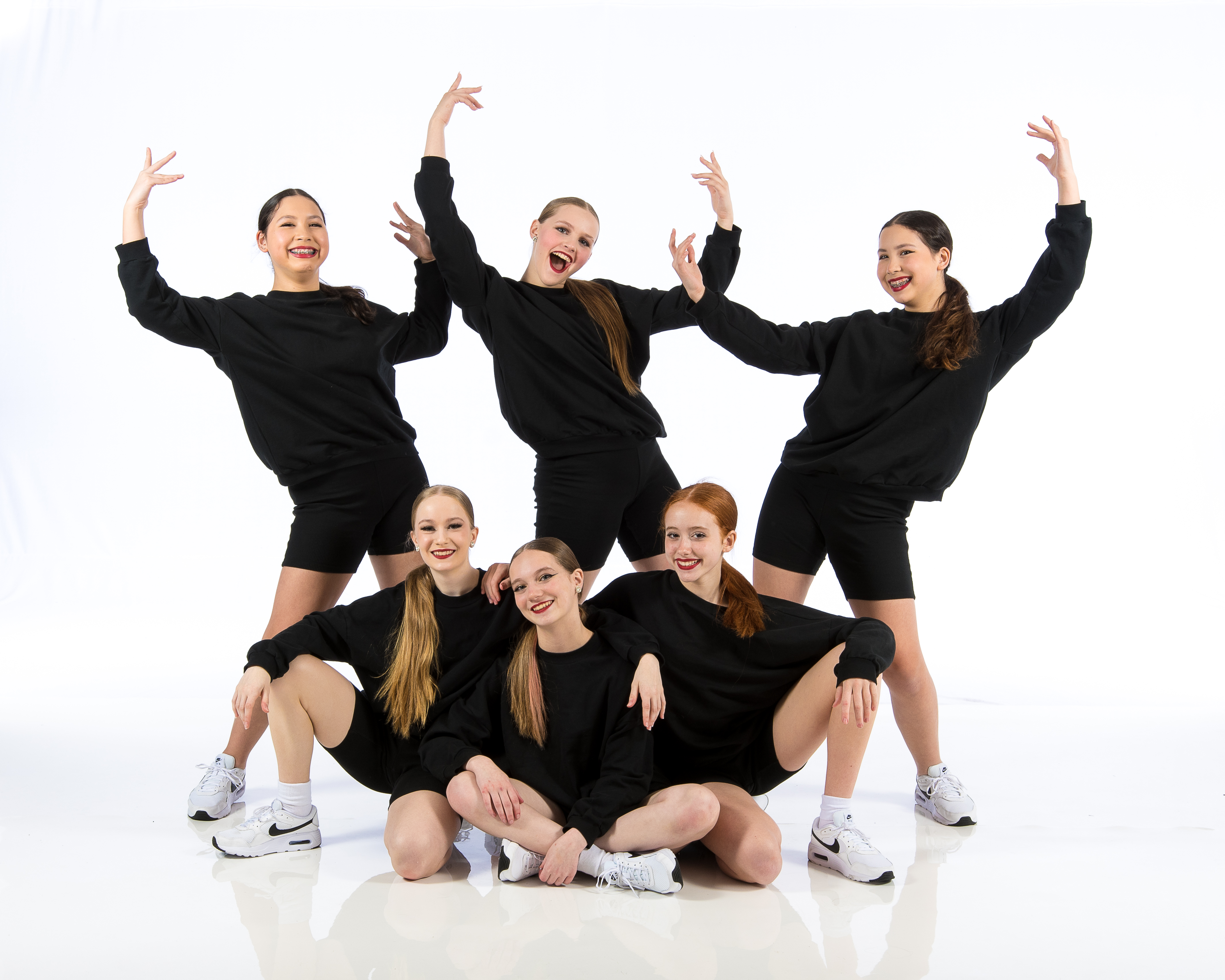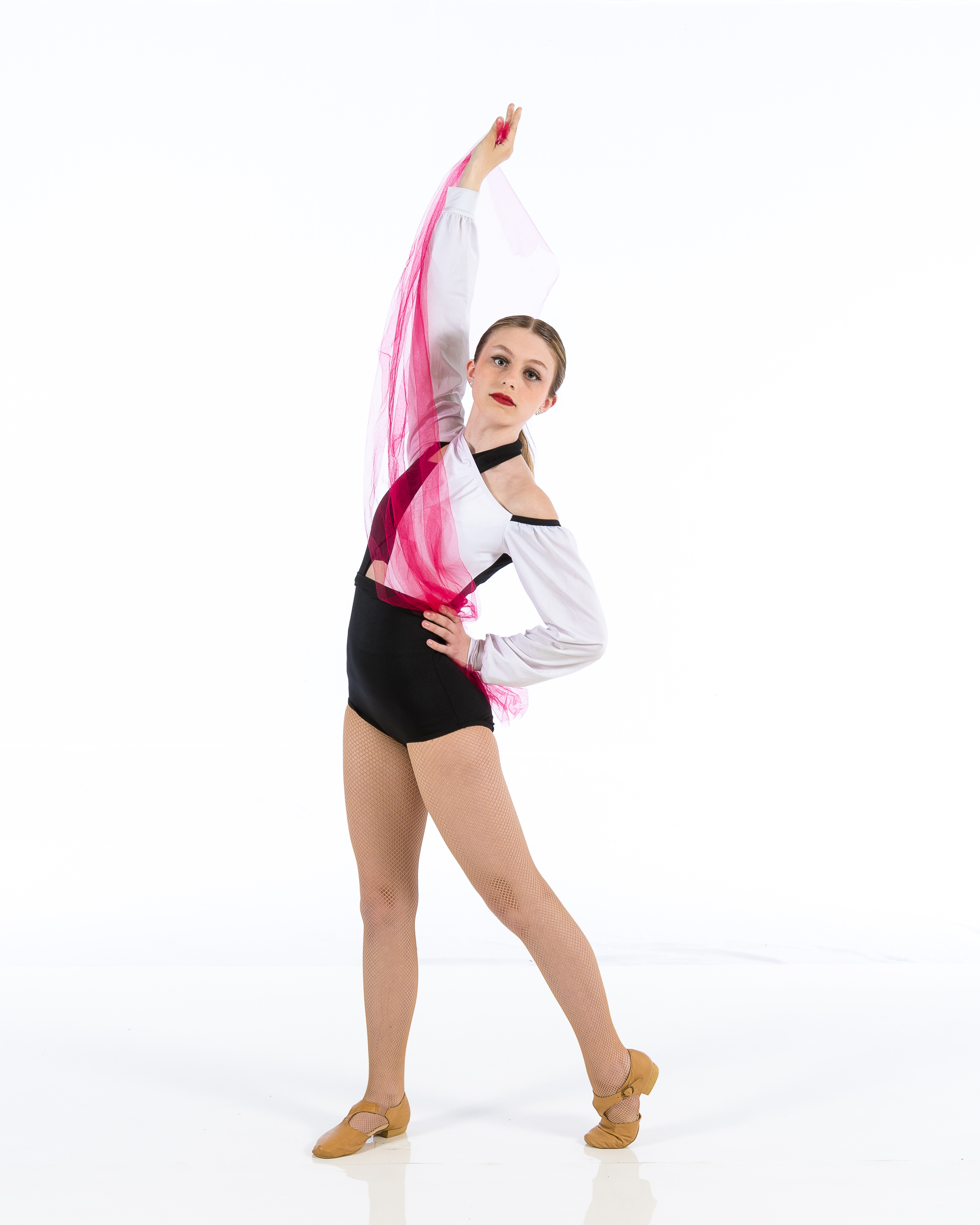Introduction
Dance is an art type that transcends barriers, unifies areas, and bursts with the vigor of human expression. Whether you're a budding professional dancer entering a dance studio for the first time or a knowledgeable entertainer aiming to improve your craft, understanding dance studio rules is vital for making certain a favorable experience. This comprehensive guide labelled From Novice to Expert: Navigating Dance Studio Etiquette for a Harmonious Experience will certainly take you through every facet of dance studio actions, giving insights that will boost your experience and foster more powerful partnerships within the dance community.
Understanding Dance Studio Etiquette
What is Dance Studio Etiquette?
Dance studio rules refers to the collection of customs and social norms that regulate behavior in a dancing classroom setup. Much like any Helpful site kind of various other creative environment, appreciating these guidelines can enhance not only your learning experience however likewise that of your peers.
Why is Dance Studio Decorum Important?
Adhering to appropriate decorum helps create an ambience of regard, focus, and collaboration. It cultivates a sense of neighborhood and enables professional dancers to support each other in their development while lessening disturbances during class.
From Beginner to Specialist: The Importance of First Impressions
Preparing for Your First Class
Walking into a dance studio for the very first time can be nerve-wracking. To make a memorable first impression:
- Dress suitably: Wear comfy clothing ideal for the type of dance you're studying. Arrive early: Purpose to come to the very least 10-- 15 minutes before class begins. This offers you time to check in, warm up, and resolve in.
Greeting Your Instructor
A friendly greeting collections the tone for your experience. Constantly introduce yourself if it's your first class! A simple "Hello there" or "Greetings" can go a long method in developing rapport.
Classroom Conduct: The Do's and Do n'tshtmlplcehlder 46end.
Do's: Positive Behaviors
Be Respectful: Regard every person's personal space-- specifically when exercising moves. Listen Proactively: Show attentiveness when trainers are talking; it shows you value their guidance. Support Your Peers: Motivate fellow professional dancers; positivity breeds encouragement.Don'ts: Negative Behaviors
Avoid Distractions: Maintain personal discussions outside the classroom. Don't Use Your Phone: Silence your phone during class; it's disruptive. Refrain from Interrupting: Wait till the instructor finishes before asking questions.The Function of Personal Area in Dance Studios
Understanding Boundaries
Personal space varies from one person to another, particularly in a dancing setup where physical proximity is typically essential throughout practice routines.
Communicating Comfort Levels
If you really feel uncomfortable with exactly how close an additional dancer is obtaining during partnered exercises or developments, it's essential to communicate this politely and professionally.
Maintaining Professionalism: Dress Code and Grooming
Importance of Correct Attire
Each dance design commonly has its very own gown code-- whether it be leotards for ballet or loose-fitting apparel for hip-hop classes-- adhering to these standards demonstrates regard for both your craft and your instructor.
Personal Health Matters
Dancing requires physical exertion, which can result in sweat. Guarantee you keep good health by showering prior to class and using tidy attire.
Behavior Throughout Class: Focusing on Learning
Engaging with Instruction
It's vital to remain focused during demos. Rather than simply seeing, proactively involve by imagining exactly how you would perform each movement.
Asking Questions Appropriately
Curiosity boosts finding out! If something isn't clear, do not hesitate to ask inquiries-- yet guarantee they matter and posed at suitable times (ideally after instructions).
Feedback: Welcoming Useful Criticism
Accepting Responses Gracefully
Constructive criticism is part and parcel of growth in any type of art form. Embrace responses with an open mind and avoid coming to be defensive; keep in mind that critique intends to assist enhance your skills!
Offering Feedback Thoughtfully
When providing comments to peers, guarantee it's positive instead of critical; concentrate on what they succeeded together with locations for improvement.
Creating Consistency Through Teamwork
The Importance of Team Spirit
In several dancing styles, synergy plays a pivotal role; developing friendship with fellow professional dancers brings about boosted performances.
Collaborating During Team Exercises
When associated with team projects or choreography practices, urge imagination by appreciating everyone's concepts while additionally adding your own constructively.
Handling Disputes Gracefully
Addressing Disputes Maturely
Conflict might occur because of misconceptions or varying opinions on choreography options. Tackle these issues privately rather than openly broadcasting complaints which might interfere with class harmony.
Seeking Mediation When Necessary
If problems rise past individual resolution efforts-- seek assistance from trainers that can mediate effectively based upon their experience handling comparable situations.

Post-Class Decorum: Leaving on a Great Note
Thanking Teachers After Class
Always reveal appreciation towards your instructor after lessons; this reinforces favorable connections while acknowledging their tough work!
Keeping the Studio Clean
Whether it's grabbing water bottles or nicely setting up props post-class-- keeping sanitation shows respect for shared spaces utilized by all dancers!
Engaging Beyond Class Time: Structure Area Relationships
Joining Social Events
Participate in gatherings organized by workshops such as showcases or open residences-- these events offer chances for networking while boosting community connections outside structured lessons!
Supporting Fellow Dancers' Performances
Attending peers' efficiencies demonstrates uniformity within the dancing community-- it encourages interaction past mere participation at classes!
Frequently Asked Inquiries (Frequently asked questions)
1. What should I put on for my very first dancing class?
Select comfy clothes ideal for the particular design you're taking (e.g., leotards for ballet). Constantly inquire about dress codes beforehand!
2. Is it alright to speak throughout class?
It's ideal practice not to engage in side discussions during instruction as this sidetracks both trainers & & fellow trainees alike!
3. How do I handle sensation overwhelmed?
Take deep breaths & & remind on your own that every professional dancer started someplace! Connect any kind of struggles with trainers that might offer extra assistance if needed!
4. What if I differ with choreography choices?
Express worries respectfully either independently or within assigned feedback sessions rather than freely critiquing during rehearsals; preserving professionalism and trust helps settle differences amicably!
5. Ought to I bring water into the studio?
Absolutely! Remaining moisturized boosts performance degrees; simply make sure containers are safely shut so spills don't occur on floors where others are dancing!

6. Exactly how vital is punctuality?
Preparation is vital as showing up late interferes with focus levels while triggering disturbances; goal constantly show up early enough enabling time warm-up correctly prior to classes commence!

Conclusion
Navigating via a dance studio setting can appear intimidating initially glimpse yet understanding appropriate rules ultimately changes one's trip from amateur standing toward experienced level artistry! By sticking closely established actions detailed throughout this guide entitled From Novice To Expert: Browsing Dance Studio Rules For A Harmonious Experience *, you'll cultivate invaluable friendships within areas enriched creative thinking while sharpening technological expertise along with respected advisors! So shoelace up those footwear with confidence tip onto that floor-- the world awaits your unique expression with movement!